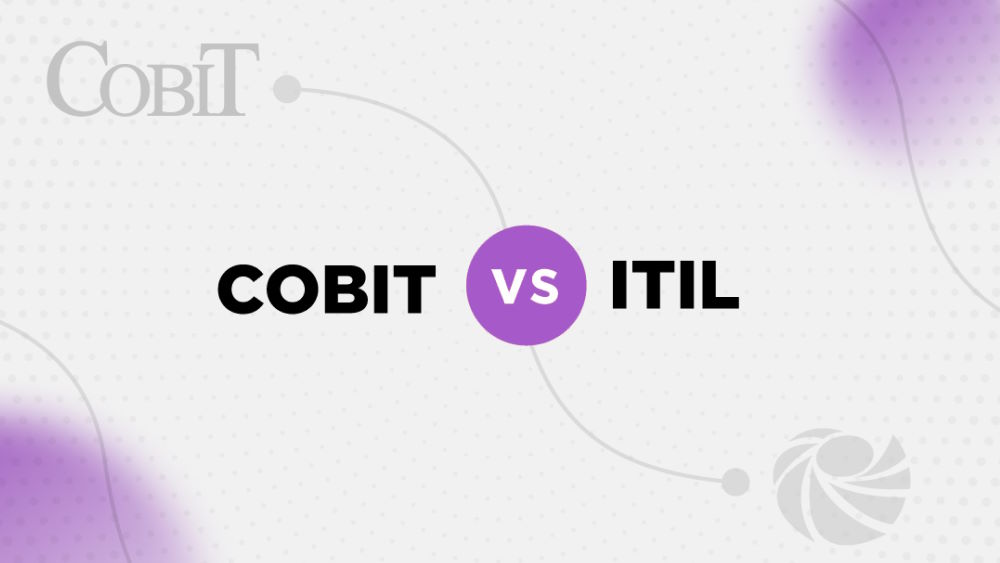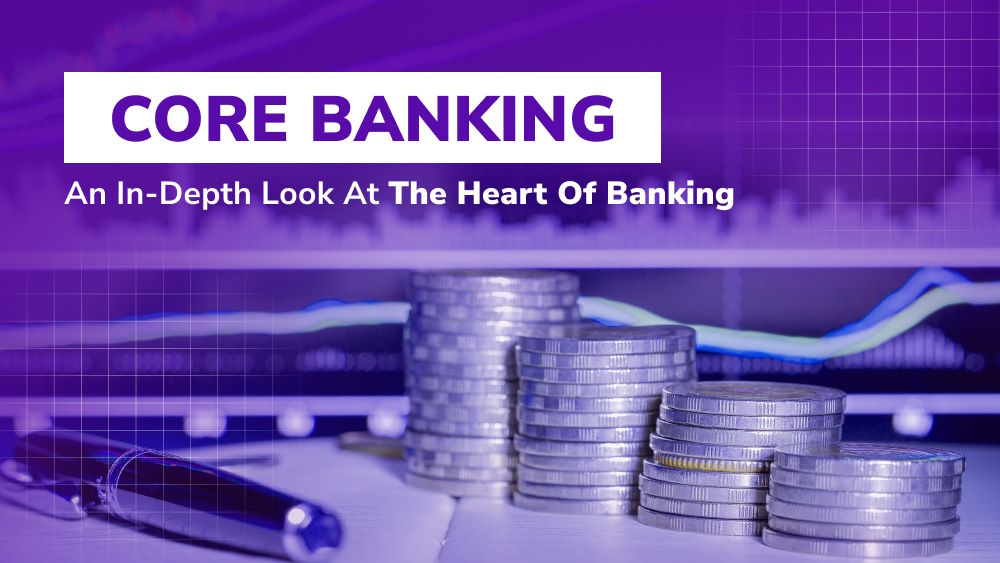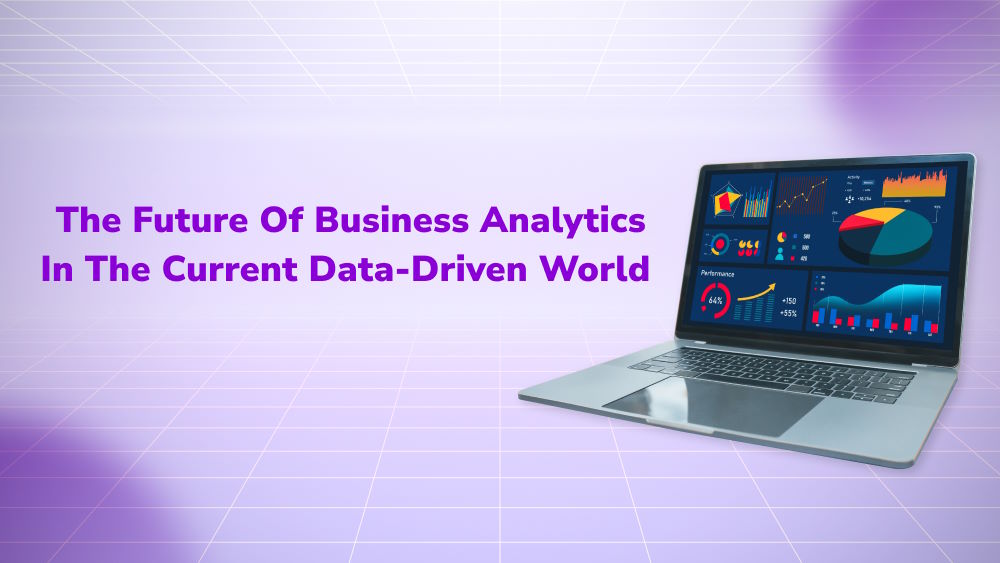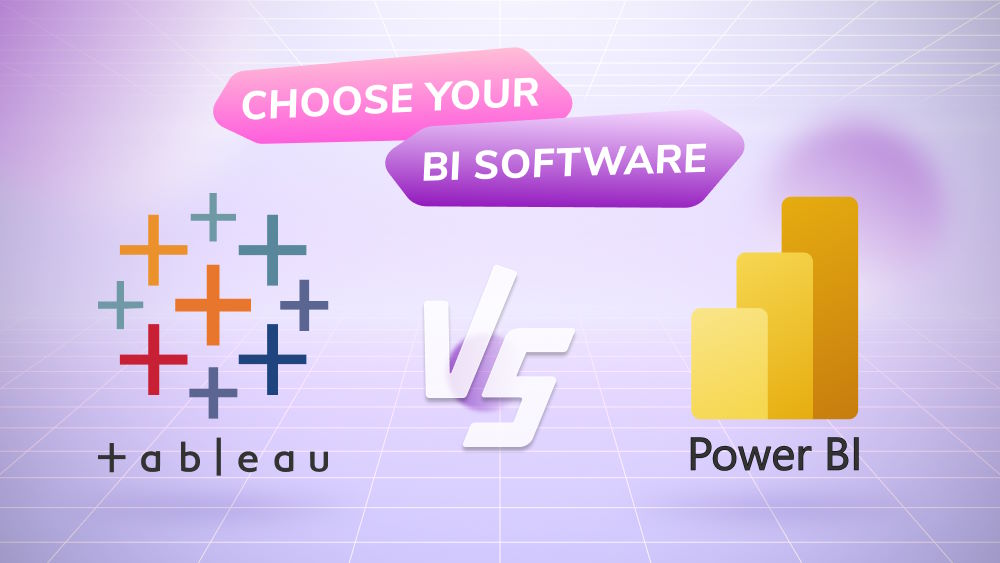
Smart Health, Smart Data: A Comprehensive Journey into Data Warehousing in Healthcare
Discover how data warehousing in healthcare helps improve overall healthcare quality and decision-making processes.

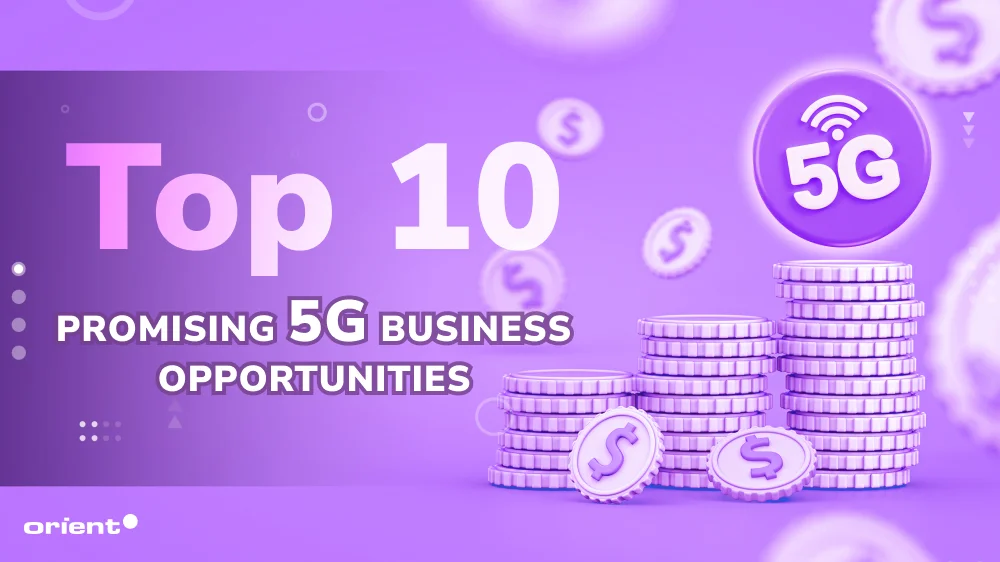
5G has been quite the buzzword for some time. When comparing it to its predecessors, like 4G, its theoretical download speeds are ten faster. Its latency (the time it requires for data to travel from its source to the destination) is less than one millisecond. 4G’s latency is less than ten milliseconds.
The latest mobile versions, like the iPhone 15 and Samsung Galaxy S24, support 5G, and it is gradually becoming the new standard for mobile devices.
Do faster data speeds and new standards mean better services? What implications and impacts does 5G have on business opportunities? By examining 5G, the technology’s current state of infrastructure and the roles of stakeholders will provide us with an insight into these questions.
Key Takeaways:
5G stands for fifth-generation mobile technology. It is the new standard for telecommunications networks. While it uses the same frequencies as 3G and 4G, it provides quicker download rates, reduced latency, and increased bandwidth, which means improved dependability, stronger connectivity, and shorter download times.
In addition, 5G facilitates seamless roaming between cellular and Wi-Fi networks without the need for reauthentication, improving digital activities like online gaming and videoconferencing. Its dense, distributed-access architecture brings data processing closer to users, enabling faster processing.
Similar to communication systems, 5G technology uses radio frequency to transmit information through air. However, it does so with a less cluttered and higher frequency.
High bandwidth allows 5G to carry data faster, but it also faces the challenges of traveling over long distances, which are often obstructed by buildings or trees. Numerous input and output antennae are used to boost the signal and capacity of wireless networks to solve this problem. Smaller transmitters are also placed on buildings and street furniture.
Another notable capability of new-generation cellular technology is its ability to “slice” physical networks. Physical network slicing enables the creation of multiple virtual networks on top of the shared network. This allows operators to “slice” the network based on the user’s demand. For example, a video streamer’s network demands are different from that of a student or a business. This agility also allows enhanced mobile broadband or enterprises to purchase their own private networks.
To truly make use of 5G business opportunities, you need to be aware of the stakeholders and their roles.
If you are still unsure whether 5G is an excellent business opportunity or not, here are the reasons 5G is becoming a prominent technology globally.
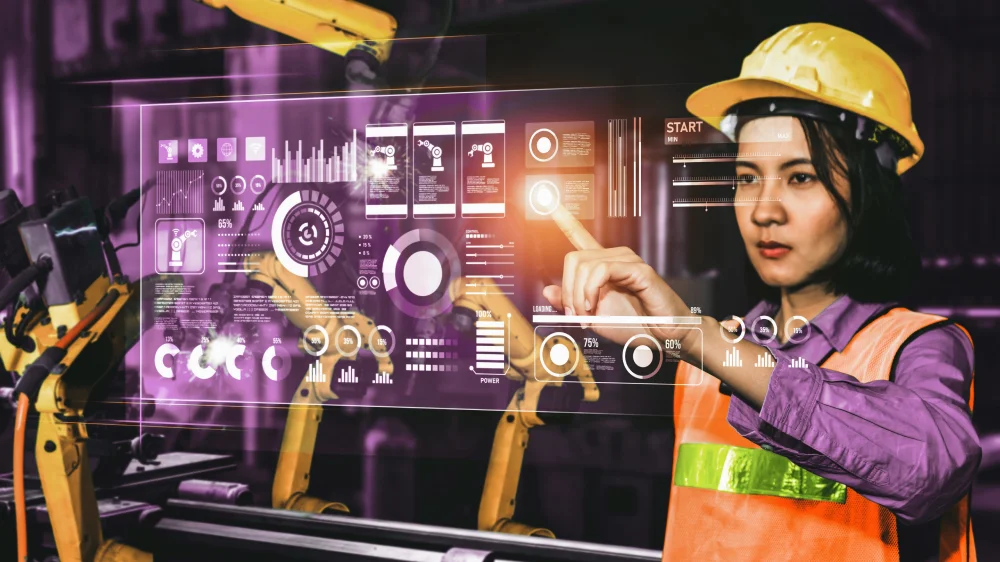
Enhanced capacity, efficiency, and extensive data utilization make 5G a great match for IoT and other smart technologies in logistics and agriculture.
To be specific, the integration of IoT and 5G technologies supports predictive maintenance, smart factories, and monitoring of equipment performance, worker safety, production processes, etc.
Seamless connectivity is also utilized in agriculture. 5G enhanced capabilities facilitate precise farming techniques, automated farming machinery, and livestock monitoring.
Smart cities and smart homes are other applications of IoT and smart technologies. 5G acts as the primary connectivity for home automation, health and energy management, infrastructure maintenance, and more. It can also be used with other advanced technology like AI voice assistants.
5G not only paves the way for dramatic transformation in business operations but also in the customer’s interactions and experiences.
Customers can enjoy VR and AR in gaming and retail events for immersive shopping experiences. They can even enjoy the extended realities from the comfort of their homes without any lagging or buffering.
With content creation becoming an emerging industry, 5G allows customers to enjoy high-definition content without any annoying lagging.
In short, 5G opens up massive opportunities to elevate and innovate customer experience, which ultimately grows the business’ revenue.
Crowd management systems need a reliable connection and ultra-wideband solutions to provide real-time analytics and updates like crowd density, access control at gates, and stronger communication to allow event personnel to respond quickly in cases of emergencies.
An important application of 5G is Fixed Wireless Access (FWA), which offers high-speed internet access to homes and businesses without the requirement for traditional wired connections.
This gives underserved areas a cost-effective and flexible solution for broadband connectivity. The technology bridges the digital gap, enabling widespread access to modern tools and services.
5G is a gateway to elevating other digital services and technologies. It is the force driving the advancement of AI, blockchain, IoT, AR, VR technologies, and more. There is almost no limit to how 5G can be used to push other technologies forward - as its reduced latency, robust data collection, and data analytics capability are setting new standards to help businesses thrive and gain a competitive advantage.
We have been witnessing a steady rise in the trend of remote working. Many are convinced that remote work is here to stay. To make the transition to new working methods easier, 5G supports strong and reliable connections, facilitating smooth video conferencing and efficient collaborations.
We have discussed extensively how 5G along with other advanced technology assists the monitoring and management of multiple devices in different industries. This process often equates with an ocean of data collected. However, that doesn’t mean all the data is analyzed. With 5G’s advanced capabilities, your business will gain valuable insights into its operations.
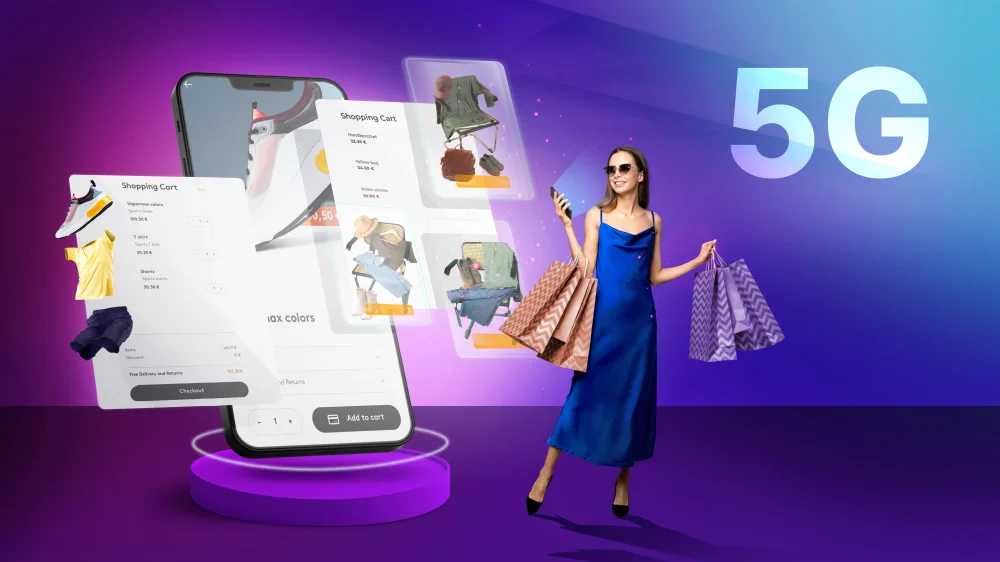
Online shopping has become an integrated part of our daily lives. As the e-commerce market grows increasingly competitive, providing a seamless, lag-free shopping experience with AR try-ons and instant payments is essential to keeping customers happy.
Marketing nowadays requires agility and adaptability. 5G’s reduced latency allows your business to stay on top of the latest trends in the industry.
The pandemic has boosted the growth of telemedicine – remote patient video consultation sessions as well as patient monitoring with the help of wearable devices.
Minimum latency is quite literally life-saving to these patients - as sometimes, being notified on time or not can make the difference between life and death.
5G undoubtedly delivers an array of desirable features and benefits. However, the network coverage is still quite limited. Besides, 5G security concerns and vulnerabilities have people feeling unsure of the technology.
But don’t let these woes stop you from leveraging the latest technologies. Here at Orient Software, we pride ourselves on alleviating these woes for our customers and providing them with the latest, secure technology to meet their needs. If you would like a consultation session with us, let us know, and we will be more than happy to assist you in the journey ahead.
Discover how data warehousing in healthcare helps improve overall healthcare quality and decision-making processes.
What is the difference between COBIT and ITIL? Which one is right for you? Can you use both ITSMs? Find out the answer now.
Find answers to the question: “What is core banking?” Explore the different types of systems, their components, and how they revolutionized the banking sector.
Business analytics is now vital for the functioning and success of any organization. Let's speculate about the future of business analytics.
In this article, we discuss the differences between Tableau and Microsoft Power BI and how to choose the right business intelligence software for you.
